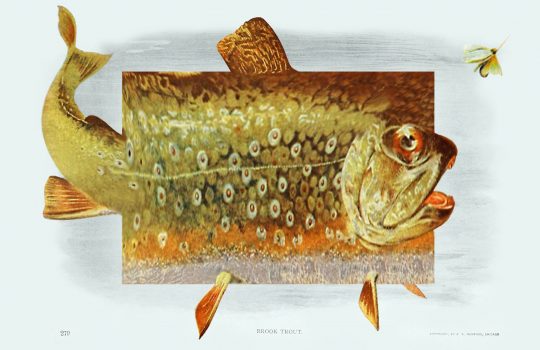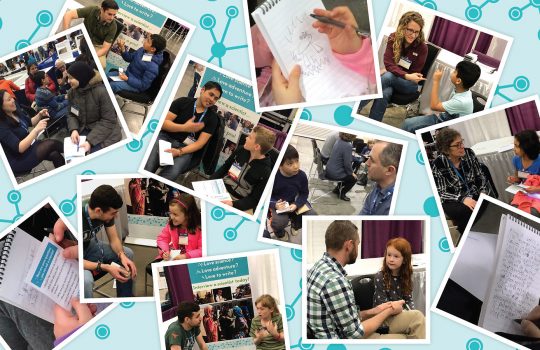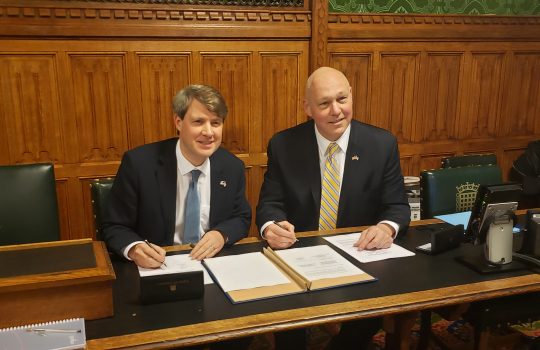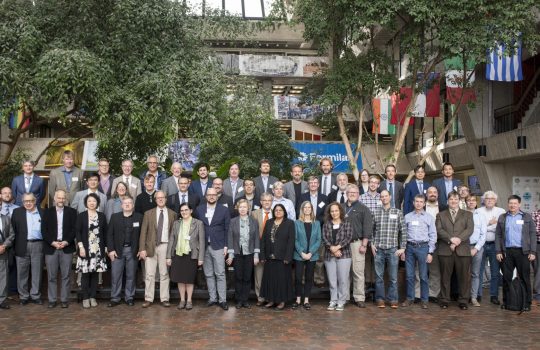This locked cabinet holds the answer to one of the biggest questions in particle physics
From Gizmodo, Jan. 25, 2020: Physicists have found all of the particles and forces that the Standard Model describes, but there are still countless mysteries in the universe that the theory fails to explain. Various experiments are now probing the Standard Model for cracks, and this year, scientists hope to unveil a measurement from one of them, the Muon g-2 experiment, a measurement that might break from the theory.




